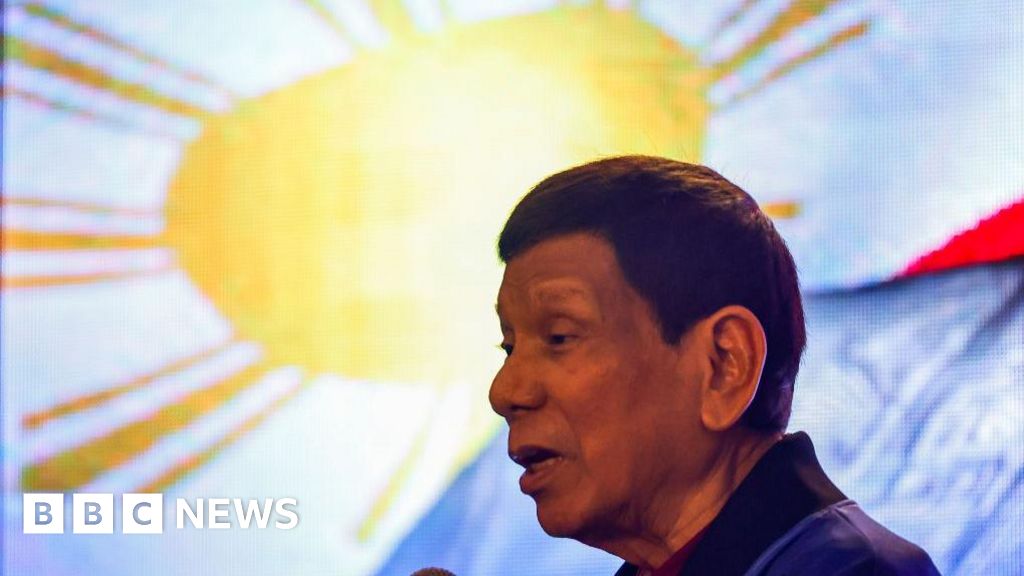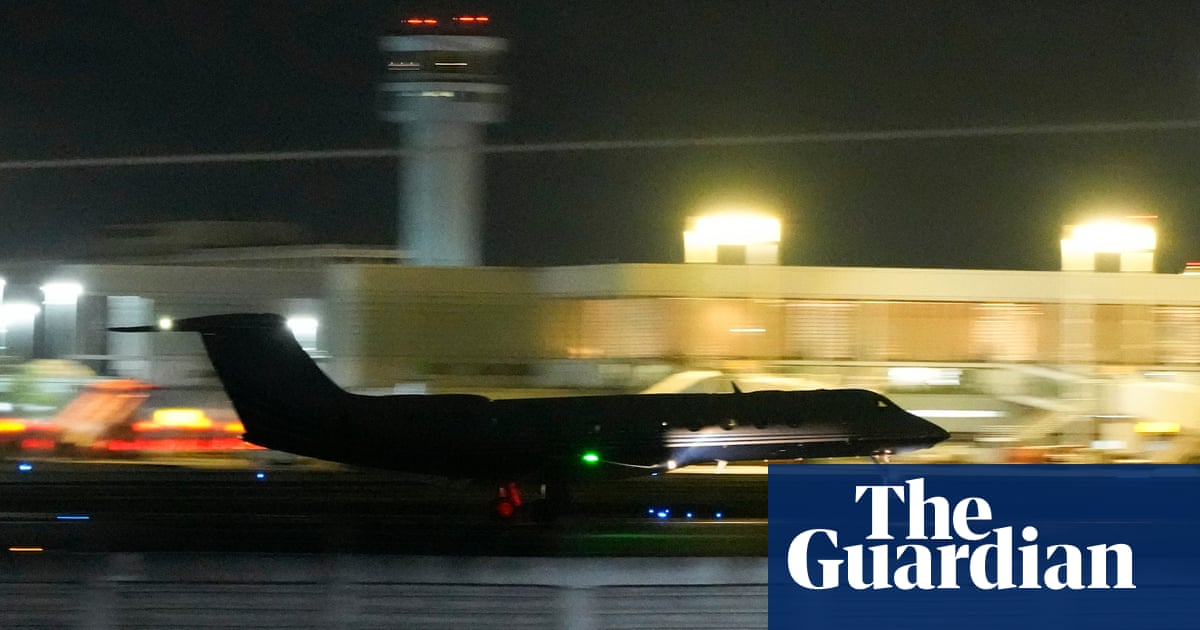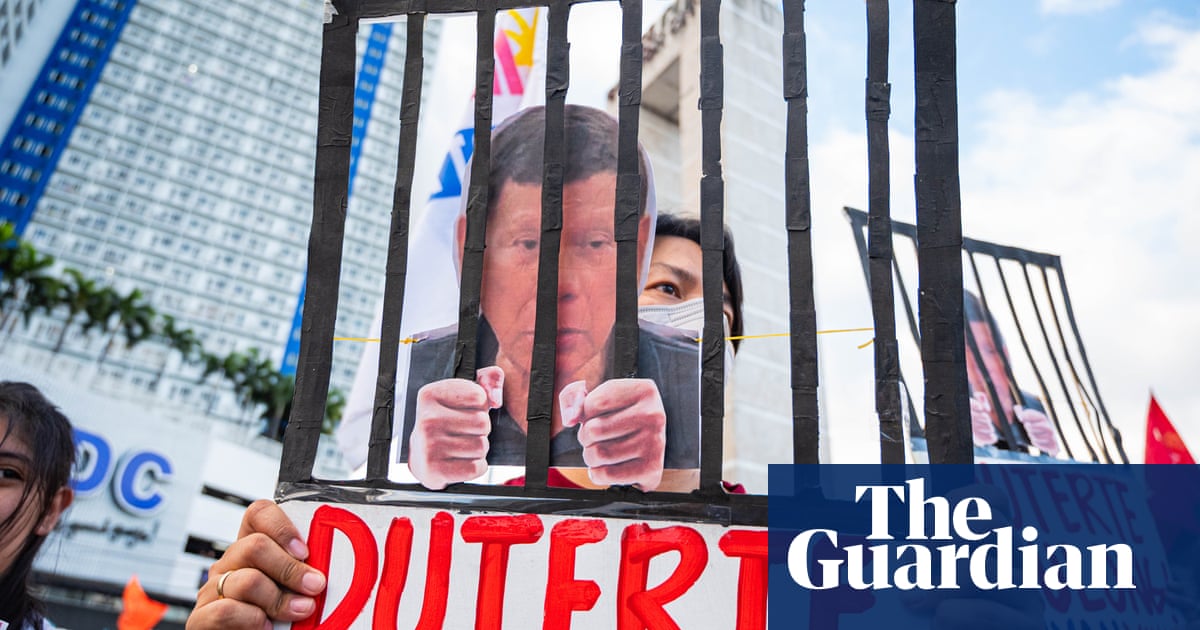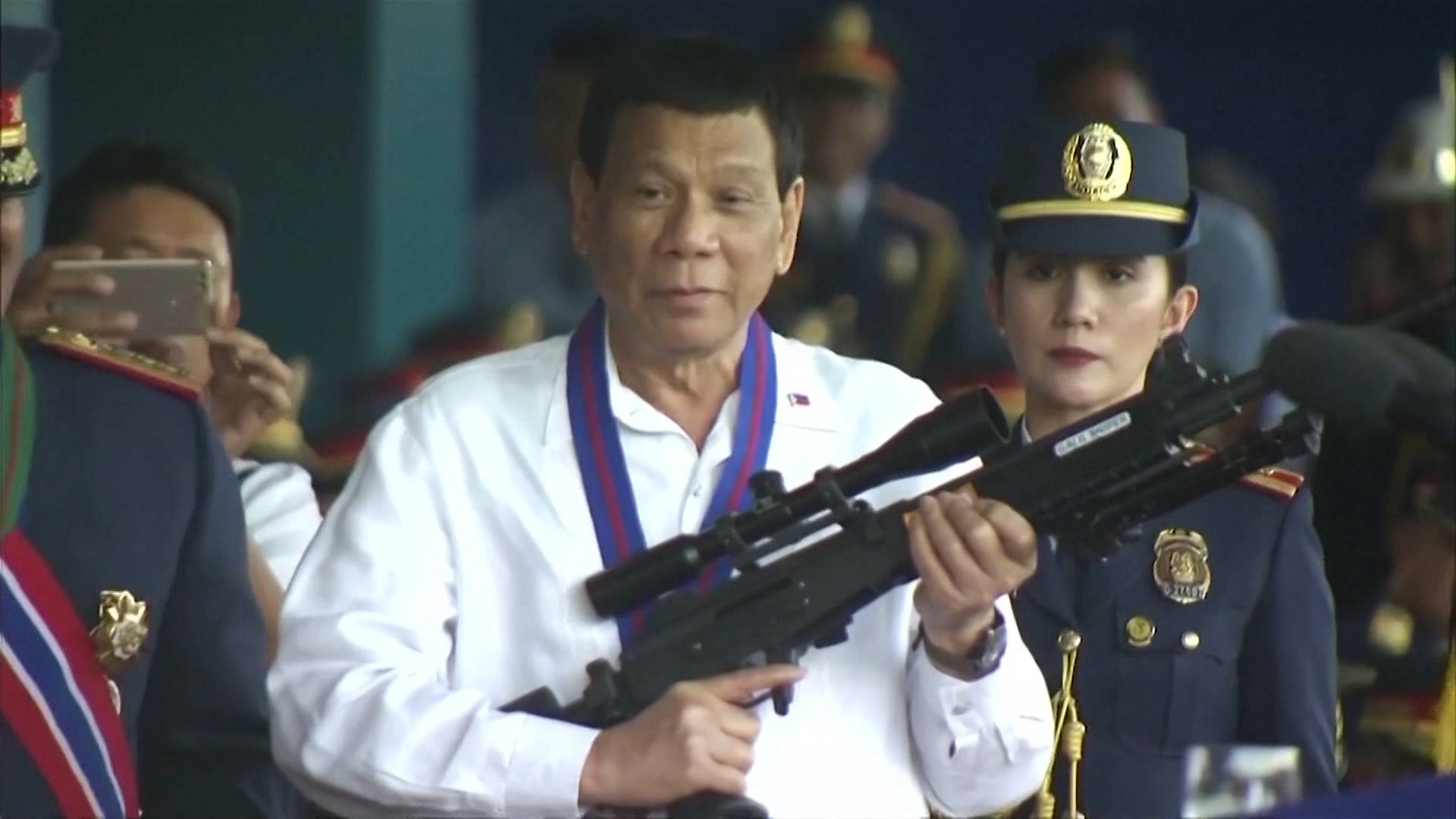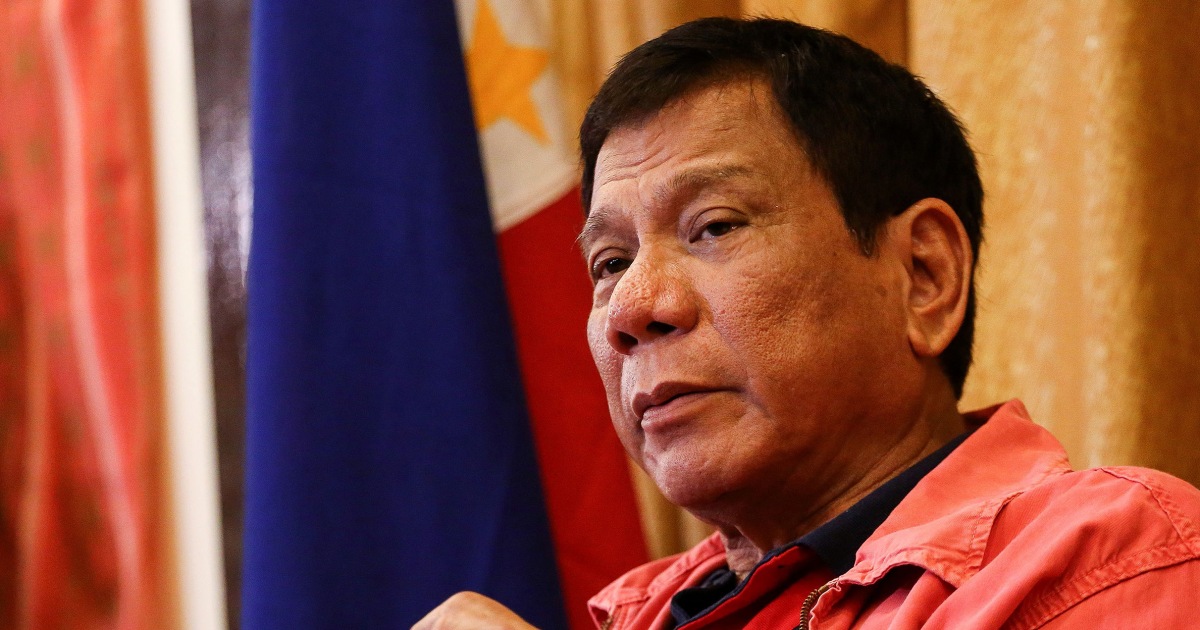Rodrigo Duterte Extradited to ICC Amid Mixed Reactions
Former Philippine President Rodrigo Duterte has arrived in The Hague to face charges related to his anti-drug campaign's extrajudicial killings.
Overview
Rodrigo Duterte has been extradited to the International Criminal Court in The Hague after his arrest in Manila. He faces charges of crimes against humanity linked to his brutal anti-drug campaign that resulted in thousands of extrajudicial killings. His political rival, President Ferdinand Marcos Jr., oversaw his extradition, marking a significant shift in their previously allied relationship. As Duterte arrives in the Netherlands, securing his trial, reactions are divided; advocates welcome the accountability while his supporters organize protests, calling his arrest a political maneuver. This case marks a historic moment as Duterte could become the first former Asian head of state tried in the ICC.
Report issue

Read both sides in 5 minutes each day
Analysis
- Duterte's arrest represents a significant step toward justice for the victims of his drug war, highlighting the potential for accountability for high-ranking officials accused of severe human rights abuses.
- The procedural aspects of the ICC's involvement, including Duterte's right to a fair trial and the importance of international justice, are emphasized amidst the criticisms of his supporters.
- The long-awaited legal process could set a precedent for future cases involving leaders accused of crimes against humanity, emphasizing the ICC's role in holding such leaders accountable.
Articles (10)
Center (4)
FAQ
Duterte is facing charges of crimes against humanity linked to extrajudicial killings during his anti-drug campaign.
Initially, the Marcos administration challenged the ICC's jurisdiction. However, after a political rift in 2024, the administration shifted its stance and cooperated with Interpol if an arrest warrant were issued.
Reactions are mixed. Human rights groups and families of victims welcome the arrest as a step towards justice, while Duterte's supporters criticize it as a political maneuver.
Yes, Duterte could challenge the ICC's jurisdiction and the admissibility of the case, despite the Philippines' withdrawal from the ICC, as the alleged crimes occurred before the withdrawal.
History
- 9M

 4 articles
4 articles

